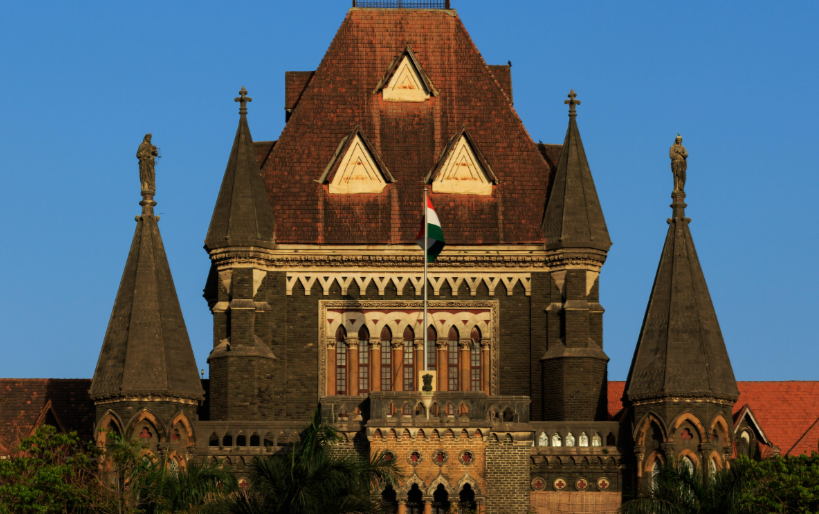Shreya Gupta
In the case of Alka Shrirang Chavan & Anr. vs. Hemchandra Rajaram Bhonsale & Ors., Justice Madhav J. Jamdar of the Bombay High Court addressed the significant delay in uploading a judgment that had been pronounced five months earlier on 19th December 2024.
The judgment, uploaded on May 30, 2025, was delayed due to the judge’s overwhelming workload, which included extended court hours, late-night drafting of orders, and continuous work on weekends and holidays. Justice Jamdar detailed his routine of conducting court proceedings for an additional 2 to 2.5 hours beyond regular hours, working until 10:30–11:30 pm on court days, reading case papers at home until 2:00 am, and dedicating weekends to judicial work.
The case concerned appeals against an execution order arising from a suit originally filed in 1986 seeking specific performance of an agreement dated 24th December 1984. Despite the suit’s pendency, the judgment-debtor executed eight registered sale deeds between May and August 1987, transferring the property to third parties. These purchasers later resisted execution of the 1990 decree that had directed the defendant to execute a sale deed and hand over possession to the plaintiff. The plaintiff, in turn, filed an application under Order XXI Rule 97 of the Civil Procedure Code, which was allowed by the executing court and upheld on appeal.
Before the High Court, the appellants argued that since they had acquired title via registered sale deeds before the 1990 decree, and were not parties to the original suit, the decree could not be enforced against them. The Court rejected this argument, holding that the sales were hit by the doctrine of lis pendens under Section 52 of the Transfer of Property Act, since they occurred after the suit’s institution on 28th April, 1986, and following the registration of a lis pendens notice on 2ndMay 1986. Justice Jamdar emphasized that once a transfer is held to be pendente lite, all consequences under Section 52 mandatorily apply.
Additionally, the judge referred to Order XXI Rules 97–106 of the CPC, as amended in Maharashtra, rejecting the contention that the omission of Rule 102 allowed purchasers pendente lite to defeat the decree-holder’s rights. Citing amended Rule 98(2), he asserted that the executing court must direct possession in favour of the decree-holder if obstruction is found to be by a transferee pendente lite. He also dismissed the appellants’ argument that the decree was a nullity, stating that it was passed by a competent court in a validly instituted suit. He warned that accepting such a claim would undermine the Supreme Court’s precedent in Jayaram Mudaliar v. Ayyaswami (1972).
Ultimately, the High Court dismissed the appeals, concluding that the appellants had no independent title to resist execution and that their interests were subject to the plaintiff’s rights under the decree. The interim relief granted during the appeal’s pendency was extended for three months from the date of uploading the judgment. Senior Advocate Nikhil Sakhardande, along with advocates Siddhesh Bhole, Ashish Venugopal, and Ashwin Pimpale, represented the appellants. The respondents were represented by advocate Rajanish Bhonsale, and Advocate Shriram S. Kulkarni served as Amicus Curiae.
Case Title: Alka Shrirang Chavan & Anr. vs. Hemchandra Rajaram Bhonsale & Ors
Case Number: Second Appeal No.396 Of 2022
Bench: Justice Madhav J Jamdar
Click here to access the order

